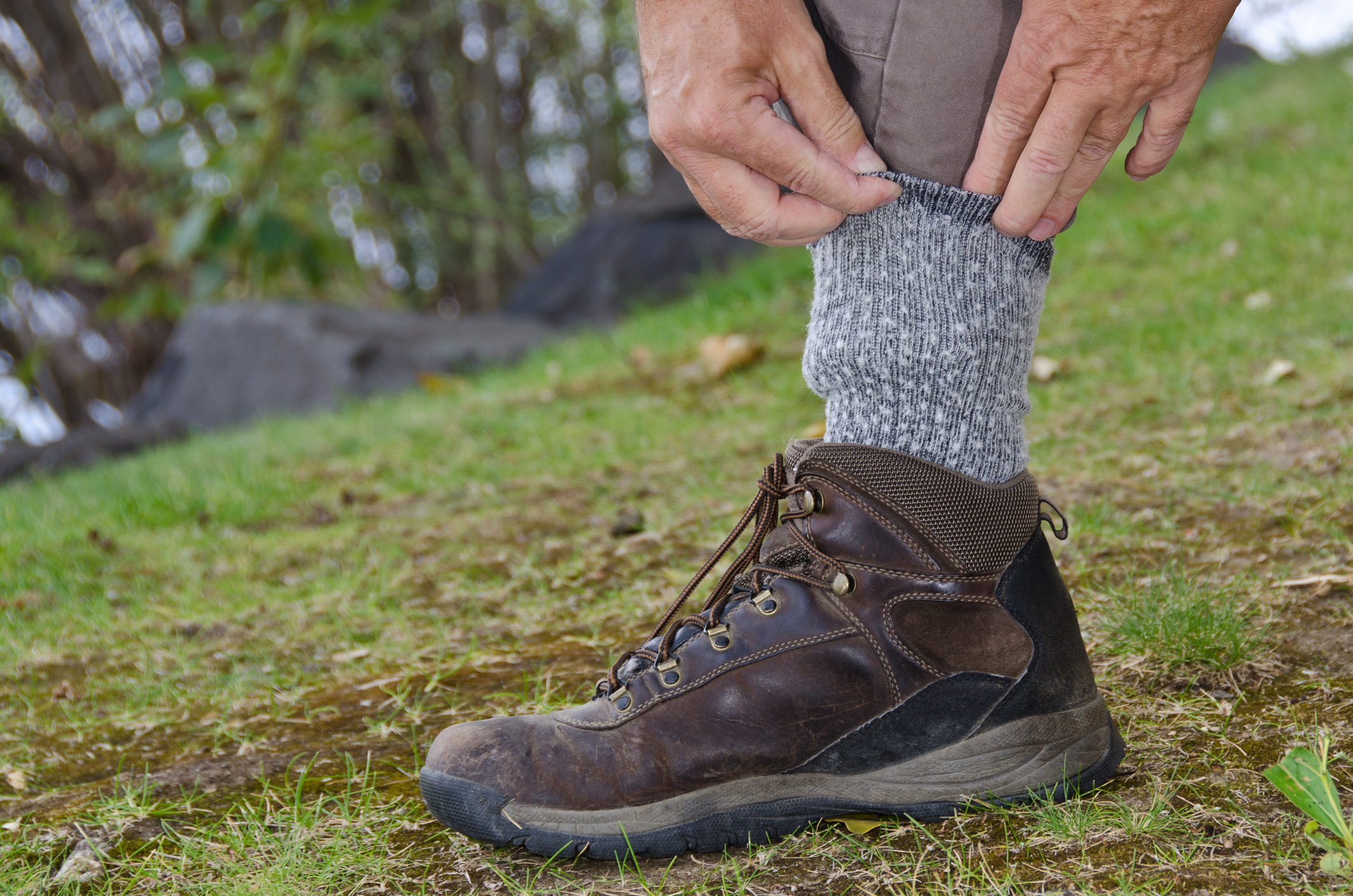As the grass greens and the garden springs back to life, many homeowners will be spending more time outdoors weeding, planting and trimming. And while the extra sunshine and exercise is great for health and wellbeing, it’s also important to remember to protect yourself against the pests that warmer weather also invites.
According to the Centers for Disease Control and Prevention, the number of reported cases of Lyme disease, caused by an infection spread by the bite of ticks, has steadily increased over the past 25 years. Each year in the United States, more than 300,000 illnesses are caused by Lyme disease which can result in mild to life-threatening conditions, affecting everyone differently. Lyme disease can mimic the symptoms of many diseases including Fibromyalgia, Multiple Sclerosis, Amyotrophic Lateral Sclerosis (ALS) and Chronic Fatigue Syndrome.
If you are working in the garden or hiking through the woods, be sure to tuck pants into your socks, wear light colored clothing, wear a repellant such as permethrin and thoroughly inspect yourself after coming inside for ticks, removing any found immediately with tweezers. See a doctor right away if you develop flu-like symptoms or a target-shaped rash.
The CDC is currently researching the effectiveness of a number of methods to prevent tick bites including bait boxes to treat rodents for ticks and new repellants. Nootkatone, a compound found in grapefruit, Alaskan yellow cedar trees and some herbs has been found to repel or kill ticks and other insects. Work is underway to develop better and more comprehensive pest prevention and control products; the Environmental Protection Agency provides an online search tool to help you choose the best registered repellent product for your needs.
West Nile virus, transmitted to people through the bite of infected mosquitoes can cause neurological disease and even death, however, nearly 80 per cent of people infected will not show any symptoms, according to the World Health Organization. People who do become infected with WNV may develop symptoms including fever, headache, fatigue, body aches, nausea, swollen lymph glands and sometimes a rash on the trunk of the body. Older people and those with a compromised immune system are at greater risk for serious illness. Visit your doctor if you experience these persistent symptoms; the incubation period can be anywhere from 3 to 14 days.
To protect yourself from mosquito-born illness, remove any standing water, wear light-colored clothes that cover exposed skin, use an insect repellent and avoid planning outdoor activities at dusk and dawn, when mosquitos are most active. To learn more about diseases spread by mosquito bites, follow this link to Health and Social Services Canada.






Add Your Voice
0 Comments
Join the Discussion